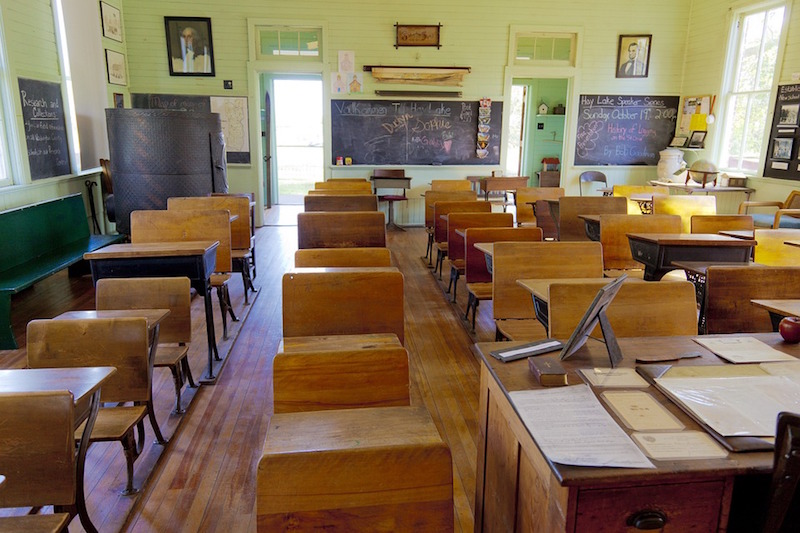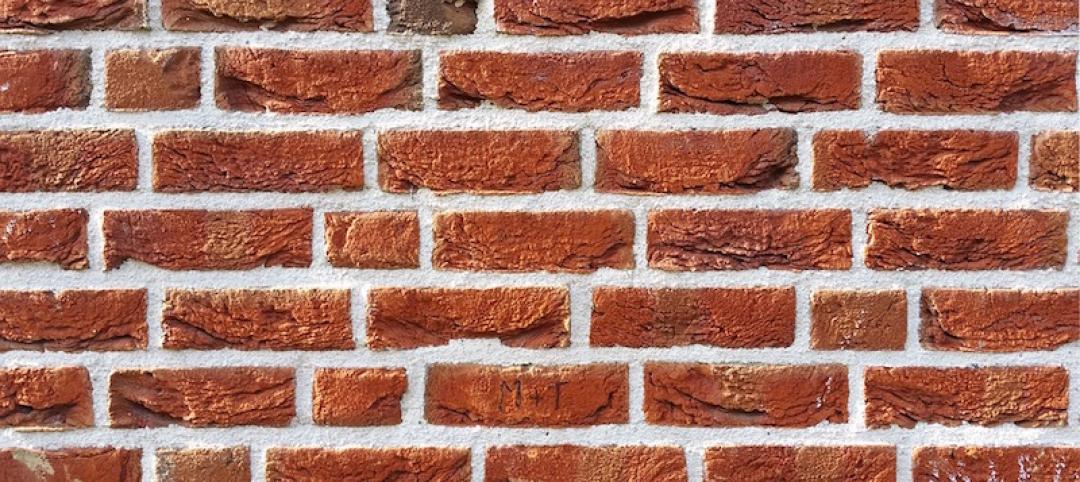The U.S. Department of Energy recently launched the zero energy schools accelerator, an effort to develop cost-competitive zero energy school design.
Six school districts, two states, and several national organizations are working collaboratively on the effort. DOE defines a zero energy building as “an energy-efficient building, where on a source energy basis, the actual delivered energy is less than or equal to the onsite renewable exported energy.”
The program’s goal is to quickly make Zero Energy K-12 schools more mainstream. Participating school districts commit to developing their own zero energy plans for a district project within a year. They can also engage with fellow states and school districts, and gain support from regional and national organizations.
Officials kicked off the program at a school in Arlington, Va., that features advanced next generation energy efficiency and renewable power features, including solar rooftop and geothermal heating and cooling systems. Zero Energy schools have the potential to save 65%-to-80% in energy consumption, depending on climate the zone, DoE says.
Related Stories
Codes and Standards | Mar 28, 2017
Safety concerns over wood-frame construction raised after Raleigh apartment fire
The unfinished building was destroyed in a five-alarm blaze.
Codes and Standards | Mar 27, 2017
Bills in Maryland Legislature would restrict use of wood in multifamily construction
American Wood Council and design and construction professionals are speaking out against the measure.
Codes and Standards | Mar 23, 2017
New manual of IT connectivity guidelines for commercial developments, redevelopments released
Mobile capacity planning, conduit points of entry, and electrical resiliency are covered.
Codes and Standards | Mar 22, 2017
Brick Industry Assn. study finds brick buildings cost less than precast, metal, and glass
The study compares costs in five categories of construction.
Codes and Standards | Mar 21, 2017
Calif. shopping center is first to earn BREEAM USA In-Use certification
The certification measures and monitors environmental performance of existing buildings.
Codes and Standards | Mar 20, 2017
Professional liability insurance rates for architects and engineers expected to be stable in 2017
Premiums leveled off in 2015, and claims have been stable, helping to hold costs down.
Codes and Standards | Mar 15, 2017
Energy Star program at risk
The standard-setting initiative for energy-efficient products may be a victim of Trump budget cuts.
Codes and Standards | Mar 14, 2017
Timber Innovation Act to promote tall wood buildings introduced in Congress
The measure has bipartisan support.
Codes and Standards | Mar 13, 2017
U.S. House and Senate have voted to repeal Dept. of Labor’s 'blacklisting' rule
The rule mandates labor compliance review for federal construction contractors.
Codes and Standards | Mar 9, 2017
WiredScore forms Connectivity Advisory Committee
The committee's creation is an important step forward for the group that evaluates internet connectivity in buildings.

















